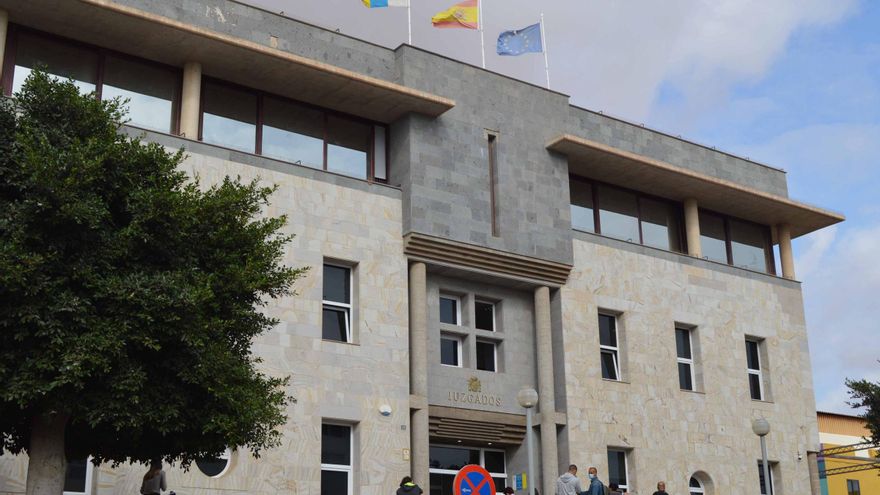Canary Islands Leads Spain with Digital Court Signatures
The Canary Islands has made a groundbreaking leap in judicial administration, becoming the first autonomous community in Spain to activate biometric signature technology across its court system. This initiative, launched by the Regional Ministry of the Presidency, Public Administrations, Justice and Security, marks a significant step towards a fully digital legal process.
How the new digital system works
The new technology allows court staff to collect and register the signatures of citizens, legal professionals, and other officials directly onto digital procedural documents. This innovation completely eliminates the need for printing documents to sign them and then scanning them back into the system. The immediate benefits are a substantial reduction in processing times, enhanced security, and a major push towards the government’s ‘paper zero’ strategy, making legal dealings more efficient for everyone involved.
Comprehensive training for a smooth transition
To support the widespread adoption of this system and to facilitate the adaptation of procedural management to the new organizational structure under the Organic Law of Judicial Efficiency, the General Directorate of Relations with the Administration of Justice is intensifying training throughout August and September. These sessions are being rolled out across all judicial bodies in the archipelago.
The training covers other crucial functionalities, such as how professionals and citizens can access the Electronic Judicial File (Expediente Judicial Electrónico – EJE) through the Canary Islands Electronic Judicial Office. There is also a strong focus on mastering all the tools linked to the ‘paper zero’ initiative. These practical sessions are designed to resolve doubts and refresh the digital knowledge of all staff serving the Administration of Justice, ensuring they are fully equipped with the latest technological advancements.
Boosting efficiency for better public service
Regarding this digital transformation, the regional minister, Nieves Lady Barreto, emphasized that the full digitization of judicial procedures significantly improves operational efficiency. This progress ultimately translates into a more agile and responsive service for the public, making interactions with the judicial system smoother and faster. Just last week, support and training were provided to the courts of instance included in phase 1 of the Organic Law of Judicial Efficiency, ensuring the rollout continues apace.

